Cat Shaking After Giving Birth: Is It Normal or Should You Worry?
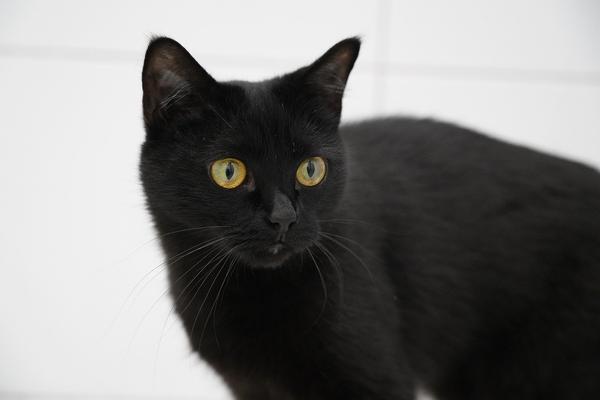
Curious why your furball is shaking after giving birth?
Got your heart racing, wondering if it's normal or concerning?
I feel you!
You're not alone in this anxious quest for answers.
Our feline friends can puzzle us, but fear not. 😺
We're about to dive into the fascinating world of post-birth kitty shakes and uncover the truth.
Let's get to the bottom of this mystery, shall we?
Buckle up, folks, and let's begin!
Understanding Cat Shaking After Giving Birth: Is It Normal or Concerning?
Your cat might shake after giving birth, and that's totally normal.
Let me break it down for you:
- The shaking could be caused by hormonal changes in your cat's body post-birth, so don't fret too much.
- Keep in mind that stress and anxiety can contribute to the trembling, so make sure to give your cat a calm and quiet environment.
- Pain or discomfort might also be the culprit. Complications during birth or potentially underlying health issues could cause this.
- Just like humans, cats get tired after giving birth, which can lead to shaking. They need their rest.
- Too much excitement or stimulation can make your cat shake, so watch how much attention and handling she gets.
- Some cats may even develop separation anxiety, leading to shaking. Give them a safe and secure space to ease these symptoms.
If the shaking doesn't go away or seems severe, it's always a good idea to consult a vet.
Better safe than sorry for both your cat and her kittens.
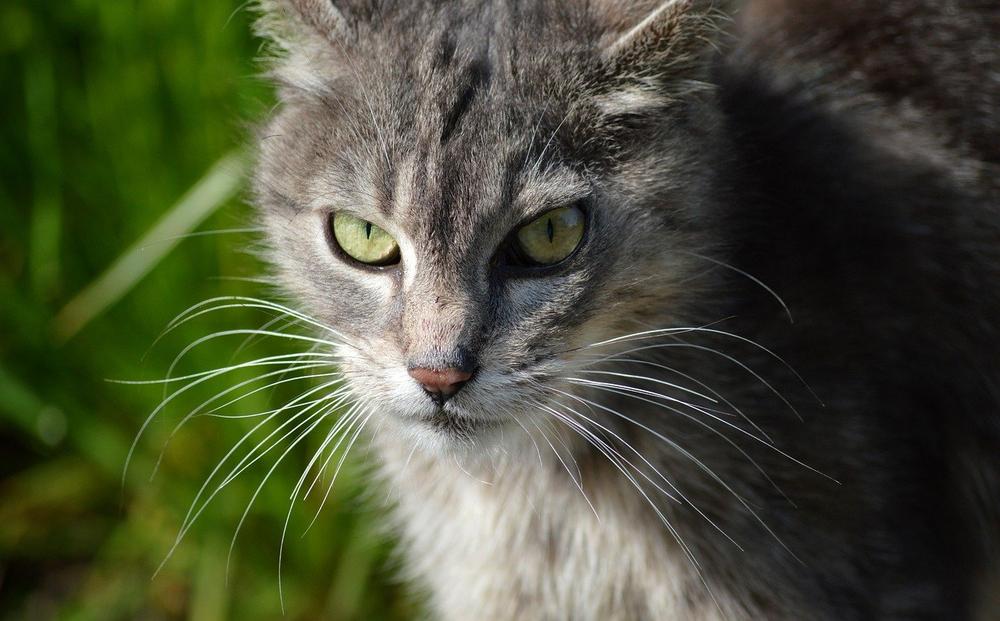
And if you're wondering about other behaviors after your cat gives birth, I'll bet you're curious about cat panting.
It's completely natural to feel concerned in these situations.
That's why I wrote a helpful guide on Cat Panting After Giving Birth.
You'll find all the possible reasons for panting and whether it's normal or something you should be concerned about.
Trust me, I've got you covered.
Understanding Eclampsia: Causes, Symptoms, and Postpartum Cat Shaking
Eclampsia, or milk fever, can be a serious problem for postpartum cats.
Here's what you need to know:
- There are different causes of eclampsia in cats, like low blood calcium, a poor diet while pregnant, or having a big litter.
- If your cat shakes after giving birth, that's not normal and could mean she has eclampsia.
- Eclampsia needs immediate treatment. Take your cat to the vet, who will check her physically and run blood tests.
- Early signs of eclampsia include not eating, being restless, and shaking. If ignored, these symptoms can get worse and cause muscle issues.
- Restlessness and irritability after birth could also point to thyroid problems or other postpartum illnesses, so it's important to consider other possibilities too.
- When a cat shakes after giving birth, it might be milk fever, which happens when their blood doesn't have enough calcium. The common signs are muscle trembling, seizures, and having a fever.
- To confirm if it's milk fever, the vet will do a blood test on your cat.
If you see any worrying symptoms in your cat after she gives birth, don't wait!
Get her to the vet right away. 😺
Let me spell it out for you: Understanding why your cat is shaking after giving birth is crucial, but there is even more information about how to prevent this issue further down the blog post. Keep reading for helpful tips!
But what if it's not eclampsia causing your cat to shake after giving birth?
You might be surprised to learn that there are other factors at play, including hormonal imbalances and various external triggers.
In this section, I'll delve into these potential causes and help you understand why your cat may be experiencing shaking postpartum.
So, stay tuned, as we explore the fascinating world of cats and their unique reactions during this delicate period!
Causes of Eclampsia in Cats
When it comes to shaking in cats after giving birth, there are several possible causes. Let's dive into it:
- Hormonal imbalances: These imbalances can disrupt calcium regulation during pregnancy and contribute to eclampsia.
- Hypoglycemia: A low blood sugar level can cause shaking in cats and should be monitored closely.
- Phobias: Cats may shake due to phobias like fireworks or thunderstorms. Creating a safe and calming environment is key.
- Trauma: Physical injuries or trauma can lead to shaking in cats. Immediate veterinary attention is necessary for proper diagnosis and treatment.
- Separation anxiety: Changes in routine or being separated from their owner can induce shaking in cats. Gradual transitions and providing comfort can help alleviate the symptoms.
You will be more prepared to deal with your cat's trembling after giving birth by identifying these potential reasons.
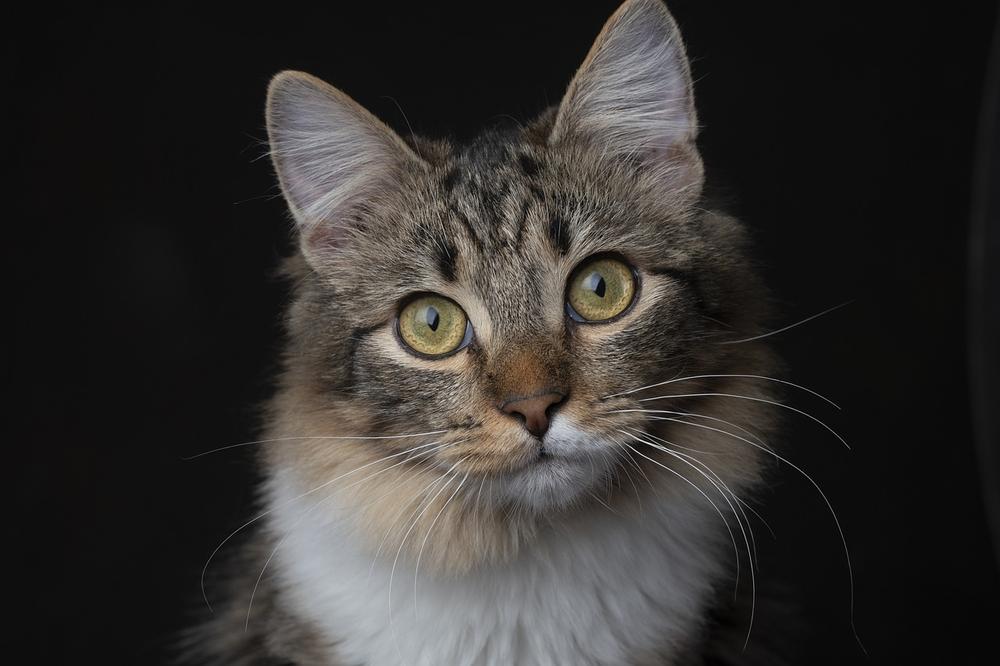
And now, let me provide you with some tips on how to manage cat shaking due to eclampsia.
Seeking immediate veterinary care is crucial, but there are also several other steps you can take to alleviate your cat's symptoms and aid in their recovery process...
Managing Eclampsia-Related Shaking in Cats After Giving Birth
Seek immediate veterinary care
If your cat is shaking after giving birth, it might have a serious condition called eclampsia.
Get your cat to the vet ASAP if you notice any abnormal shaking.
Monitor the cat's condition and seek proper treatment
When dealing with cat shaking due to eclampsia, keep a close eye on your cat's health and make sure it gets the right treatment. Along with following your vet's advice, give your cat calcium supplements orally or through an IV to restore normal calcium levels.
Provide extra care for premature or weak kittens
Sometimes, cat shaking from eclampsia can affect the health of the kittens too.
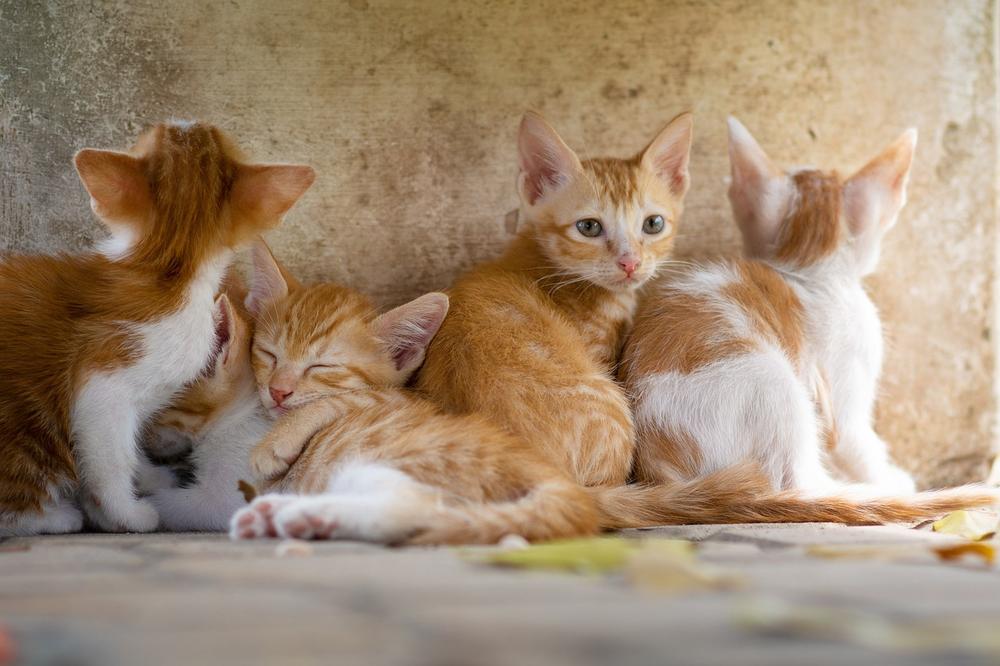
In such cases, take special care of them. Feed them carefully using a syringe, bottle, or stomach tube under the guidance of your vet to meet their nutritional needs.
Also, address any anxiety in your cat by providing comforting solutions. It may be necessary to do blood tests to check for kidney problems that could be causing the shaking.
With proper care, medication, and treatment, you can effectively manage cat shaking caused by eclampsia.
And don't forget, make sure your cat gets plenty of rest and stays in a calm environment for a speedy recovery.
What to Do if Cat Is Shaking After Birth?
If your cat is shaking after giving birth, you need to act.
Here's what to do:
- Look for any signs of distress or illness in your cat—like shaking too much, seeming restless, or being tired.
- Watch how your cat nurses her kittens to make sure she's doing it right and they're getting enough food.
- Check if anything in the environment could be making your cat shake, like too much noise or extreme temperatures.
- If the shaking continues or your cat seems sick, call a vet right away. It might be hypothermia or hyperthermia, which need immediate attention.
- Be careful with heating pads or blankets. They can keep your cat warm but can also be risky if not used properly.
- Remember, both the mother cat and her kittens need proper care for their safety.
Now, an interesting fact:
Did you know that cats shake to clean their milk before giving it to their kittens and to help them stay clean?
But always prioritize your cat's well-being!
And now, let's dive deeper into what you can do to ensure a well-balanced diet for your pregnant and nursing cat!
How to Prevent Cat Shaking After Giving Birth
When it comes to preventing cat shaking after giving birth, there are a few things you can do to keep your furry friend healthy and happy.
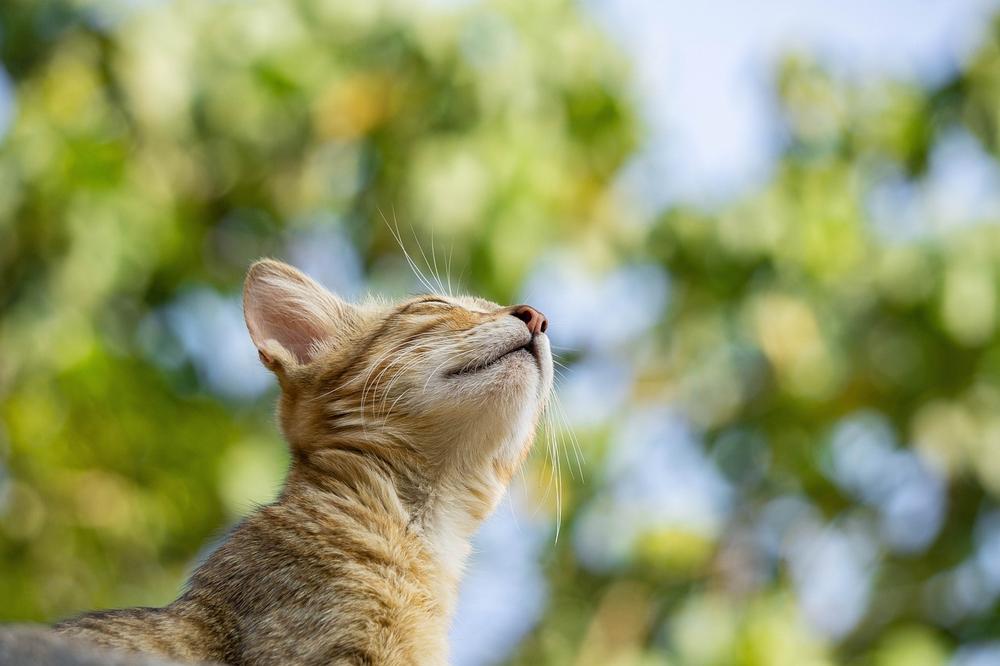
Here's what you should know:
- Feed your pregnant and nursing cat a well-balanced diet that's specially made for them. This is important because it prevents calcium deficiencies, which can cause shaking.
- Avoid using calcium supplements and instead rely on natural sources of calcium found in their food.
- Make sure your cat gets enough exercise but also plenty of rest. It's all about finding the right balance.
- During pregnancy, birthing, and after birth, try to avoid handling your cat as much as possible. Let her do her thing without too much interference.
- When it comes to feeding, give your cat nutrient-rich food and consider milk supplements if needed.
- Create a cozy resting place for your cat. We all deserve somewhere comfy to relax, right?
- It's crucial to refrain from touching your cat during pregnancy and birth. Give her space to handle it on her own.
- Don't handle wet kittens to prevent eye infections from occurring.
- Early weaning might be suggested to reduce stress for the mother cat.
- A few weeks before giving birth, consider feeding expectant mothers kitten food, and continue this diet during lactation for at least four weeks.
By following these steps, you'll ensure your cat's health and well-being after giving birth.
Preventing Cat Shaking: Take Action Postpartum
Key Takeaways:
- Cat shaking after giving birth can be normal due to hormonal changes.
- Possible reasons for shaking include stress, anxiety, pain, discomfort, fatigue, overstimulation, or separation anxiety.
- Shaking can be a sign of eclampsia, a medical condition requiring immediate treatment.
- Restlessness or irritability can indicate thyroid problems or postpartum illness.
- Milk fever, characterized by muscle tremors and seizures, can also cause shaking.
- Shaking can be caused by hypoglycemia, phobias, trauma, or separation anxiety.
- Treatment for eclampsia involves administering calcium gluconate and monitoring the cat's condition.
- Weak or premature kittens may require extra care and feeding assistance.
- Psychological issues causing anxiety should be addressed, and blood tests may be necessary.
- Hypothermia, hyperthermia, or persistent shaking warrant veterinary attention.
- Proper rest, low noise levels, and a balanced diet are important for the cat's recovery.
- Seek veterinary help if the shaking persists or if the cat shows signs of illness.
- Precautions should be taken in handling wet kittens to prevent infections.
- Providing a high-quality diet and avoiding excess calcium supplementation is crucial.
- Creating a comfortable resting place and avoiding excessive handling are essential.
And that wraps up today's article.
If you wish to read more of my useful articles, I recommend you check out some of these: Cat Breathing Heavily While Resting, Cat Losing Hair After Giving Birth, Worms in Cats, Pregnant Cat Drooling, and How Long Can a Cat Survive Locked in a Shed
Talk soon,
-Sarah Davis